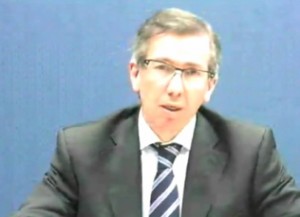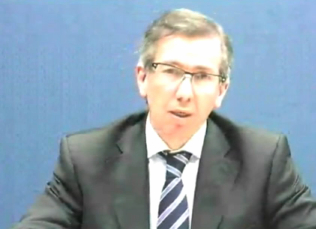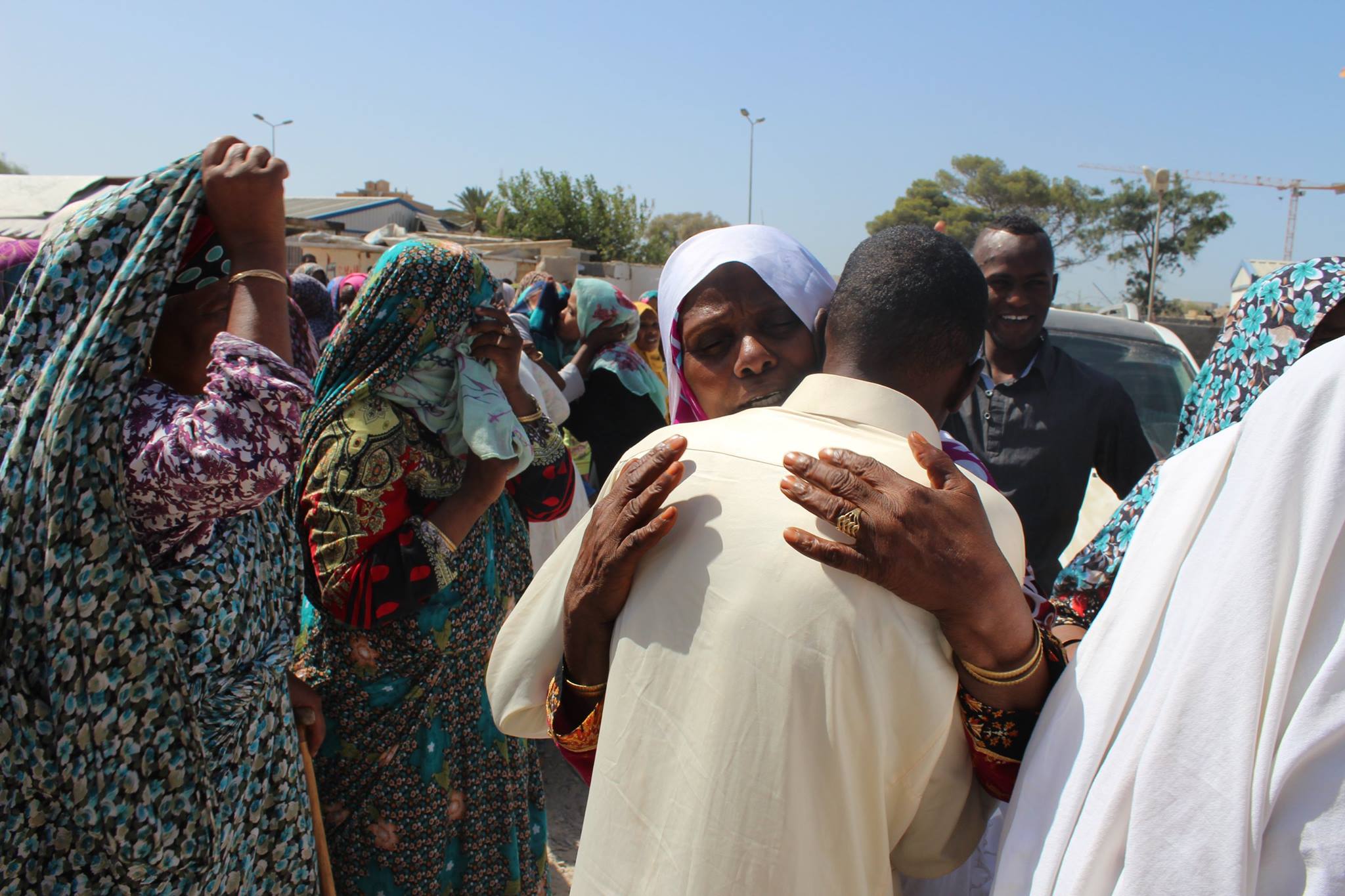By Libya Herald staff.

Tunis, 27 August 2015:
After 15 months, military operations in Benghazi had settled into trench warfare with no sign . . .[restrict]an imminent end, UNSMIL chief, Bernardino Leon told the UN Security Council yesterday in a grim overall assessment of security and the collapsing Libyan economy.
Leon said that IS terrorists now controlled a 200 kilometre stretch of coastline. Only a unified government could combat them: “ The message to Libya’s leaders is clear: there is simply no other alternative to unified and collective action if Libyans are to successfully prevent a repeat of the catastrophic advances that Daesh has made in countries like Syria and Iraq”.
Leon also warned that Libya was running out of money. “The economy continues to contract rapidly”, he said, “ the result of a significant reduction in oil revenues due to falling oil prices and low oil production”.
The country was also heavily depleting its financial reserve, largely through what Leon called “non-productive items” by which he probably meant the continued payment of salaries and subsidies for fuel and bread. Leon warned Security Council members that they should not underestimate the scale of the resources that would be required to assist a new unified national government “to pull Libya back from the brink of economic meltdown and total collapse of state institutions”.
Leon said that the military stalemate in Benghazi was taking a heavy toll on the civilian population and on whatever remained of the city’s much-damaged infrastructure. More than 100,000 of the city’s population had been displaced and seventy percent of its health facilities were either inaccessible or non-functional.
The position in the south of the country was he said “equally appalling. The absence of the state and of a proper functioning security apparatus has exacerbated local competition by tribal groups for power and resources, a conflict that has its roots in decades’ long marginalisation and neglect by central authorities”.
Leon described a grim backdrop of growing hardship and misery caused by collapsing security and general lawlessness. Armed groups continued to abduct civilians because of their identity or opinions.
After seven months since the start of the UNSMIL-brokered dialogue, Leon said that he was increasingly confident that the process was “finally drawing to its final stages … despite repeated attempts by spoilers on all sides whose narrow interests and agendas dictate against a peaceful solution to the conflict in Libya”
Leon said that the talks had come a long way in narrowing ‘the trust deficit’. He believed that the concerns of the GNC which had kept it back from signing the Skirhat Accord could be addressed in the annexes to the agreement.
Though Leon was thought to be aiming to have a new unity government in place by around 15 September when the UN General Assembly next convenes, yesterday he said the key date was now 21 October, when under the Constitutional Declaration, the mandate of the House of Representatives would run out.
![]() [/restrict]
[/restrict]









